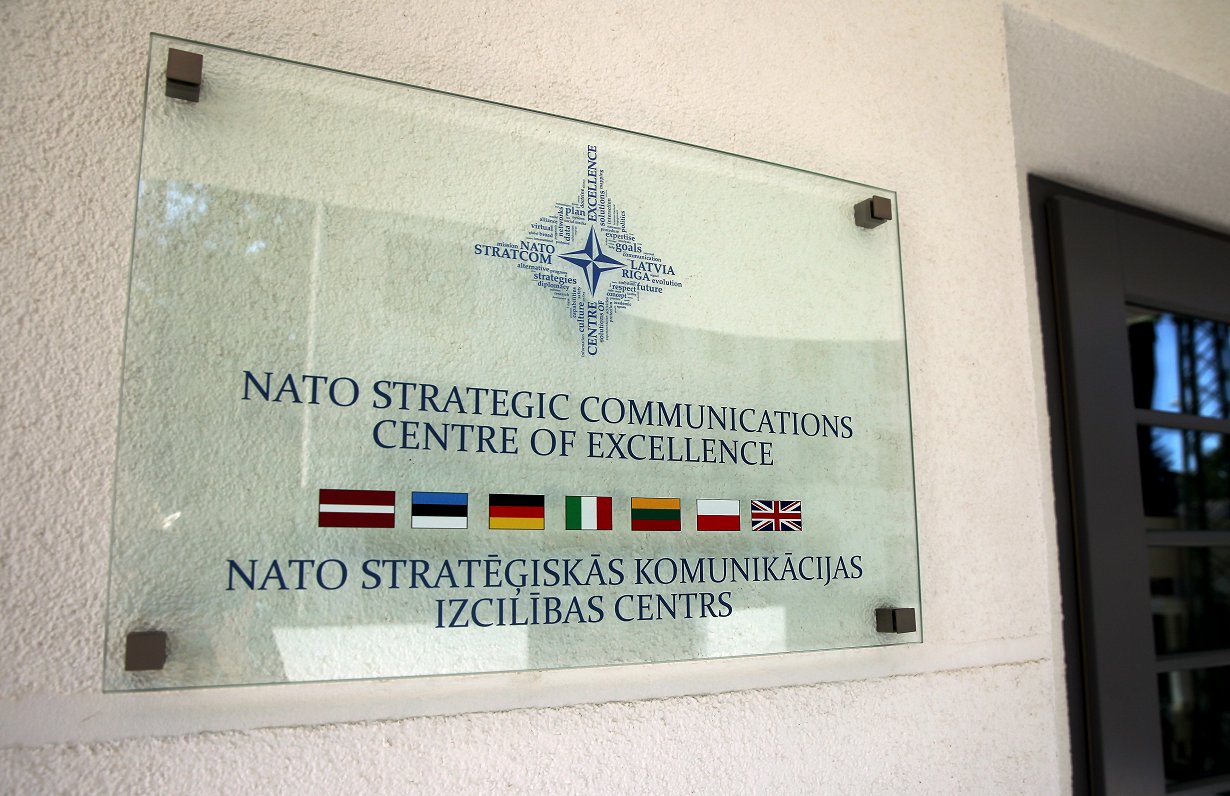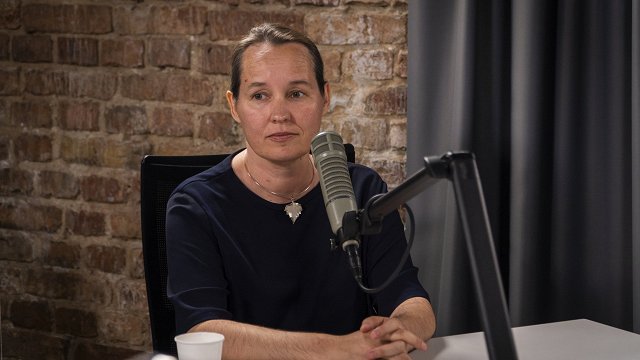The report, which is available to read online and download for free, warms up by saying: "For three decades
Denmark, Estonia, Finland, Iceland, Latvia, Lithuania, Norway, and Sweden had been building a common purpose. How would that friendship respond to the greatest health scare in a hundred years? This report aims to answer this question by looking at developments in the Nordic-Baltic Eight (NB8) through a Strategic Communications lens."
In the chapter on Latvia, the report authors say: "Latvia’s response could be characterised as dynamic... there was consensus among the public over restrictions, according to a survey in late April / early May [2020] which saw just under 70% of respondents describe them as appropriate while only 10% thought them to be excessive."
"During the first wave of the pandemic, governments around the world raced to develop contact-tracing apps to fight the spread of the virus. Latvia became the first to launch the publicly available app Apturi COVID (Stop COVID) at the end of May - voluntary, decentralised, and fully GDPR-compliant. That was surprising; for over a decade, Latvia’s neighbour Estonia had positioned itself as the country of digital innovation."
"Public attitudes to the government’s initial approach saw public trust and confidence in the government rise. One survey in April recorded just under three-quarters of respondents supporting the government, with around a quarter holding a distinctly negative opinion. The head of the polling agency noted that just 2% of respondents claimed to have no opinion – an uncommonly low figure," the report notes.
However, as time went on, the attitude of the public started to change, the report says.
"Latvia may have favoured livelihoods by not imposing a complete lockdown on employers, but its business and downtime support scheme left entire segments of society feeling disenfranchised. These cases capture how communities expressed their discontent and/or need for help during the crisis before mobilising, often attracting others who shared their dissatisfaction. Government policy formulation was not simply a one-way, linear communication. Rather it witnessed pushback in the form of popular discontent."
🔎 Our latest report "How did the Nordic-Baltic countries handle the first wave of #COVID19?" evalutes the response to the pandemic of the #NB8 through the lens of #StratCom.
— STRATCOMCOE (@STRATCOMCOE) July 26, 2021
📱Read here: https://t.co/jYaEayhAgz pic.twitter.com/CjCJRgMyNA





























